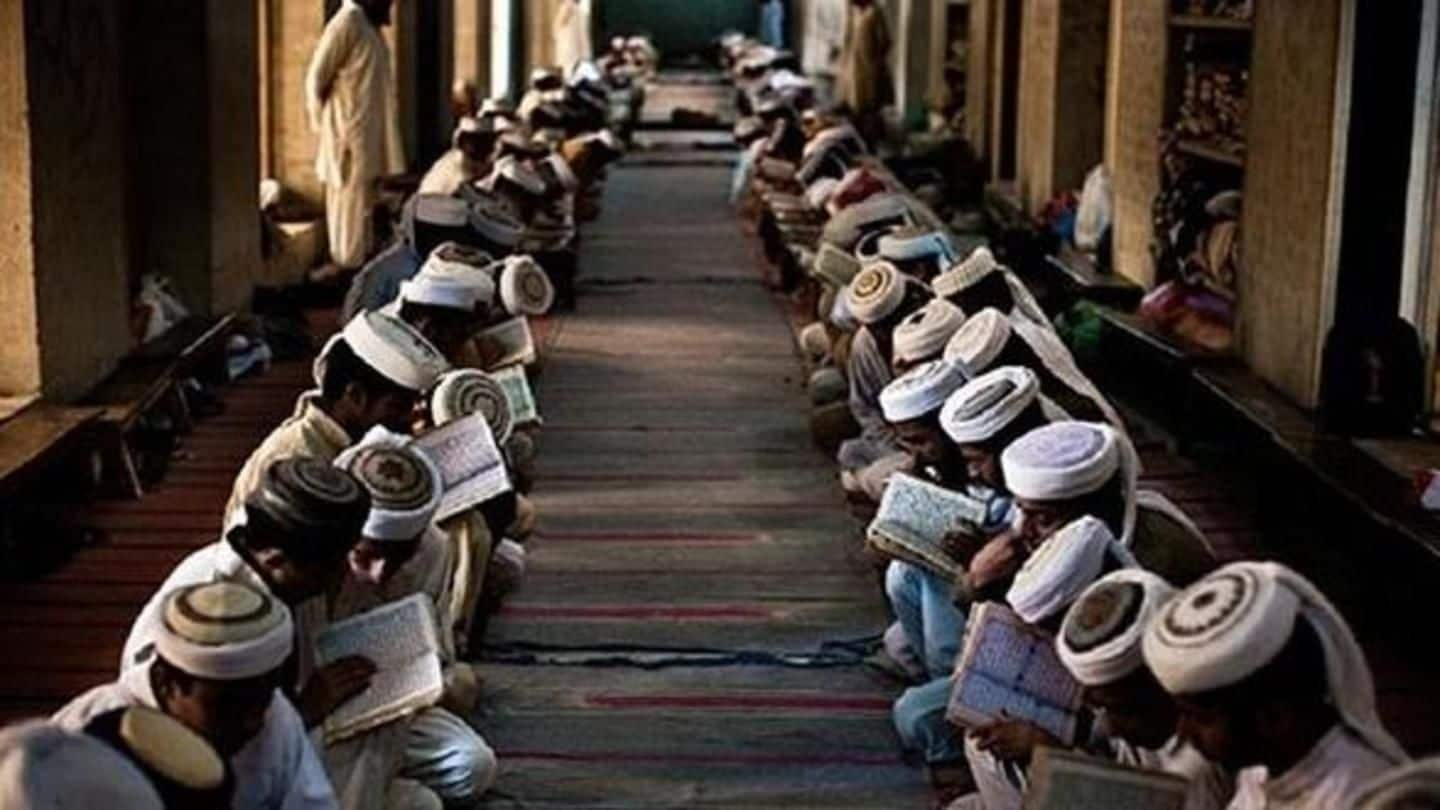
Pakistan-based armed group recruits children for suicide attacks: UN report
What's the story
Pakistan-based terror outfits continue to recruit children, including those from madrasas, and allegedly use them for suicide attacks, according to a UN report titled "Children and Armed Conflict" released today.
The study, which was conducted between January-December 2017, also revealed that Tehrike Taliban Pakistan released a video in January showing children, including girls, being instructed on how to perpetrate suicide attacks.
Here's more.
Attacks targeting schools
Concerned about continued attacks on schools, says UN Secretary General
UN Secretary-General Antonio Guterres said he was "concerned" by the continued attacks on schools by armed groups, particularly targeting girls' education.
The report also said while the age-disaggregated data on civilian casualties were limited, incidents of children killed and injured in attacks by armed groups continued to be reported.
Guterres called on Pakistan government to prioritize measures to deter future attacks on schools.
Previous incidents
Examples of previous incidents where children were attacked
The report cited previous instances of incidents happened on schools.
In March, a girls' school located in Qila Abdullah in the restive Balochistan Province was damaged in an attack through the use of improvised explosive devices, it said.
It cited February suicide attack in Sehwan in Sindh Province in which at least 75 people, including 20 children, were reportedly killed.
Other incidents
Other instances where schools were attacked by armed groups
Eight attacks on educational facilities and students were also reported, four targeting girls' education, the report said.
In March, unidentified individuals vandalized Oxford Public School in Ghizer Valley of Gilgit-Baltistan and threatened to bomb the school if female teachers didn't cover themselves.
Taliban militants stormed military-run Army Public School in the northwestern city of Peshawar in Dec'14, killing at least 150 people, mostly children.